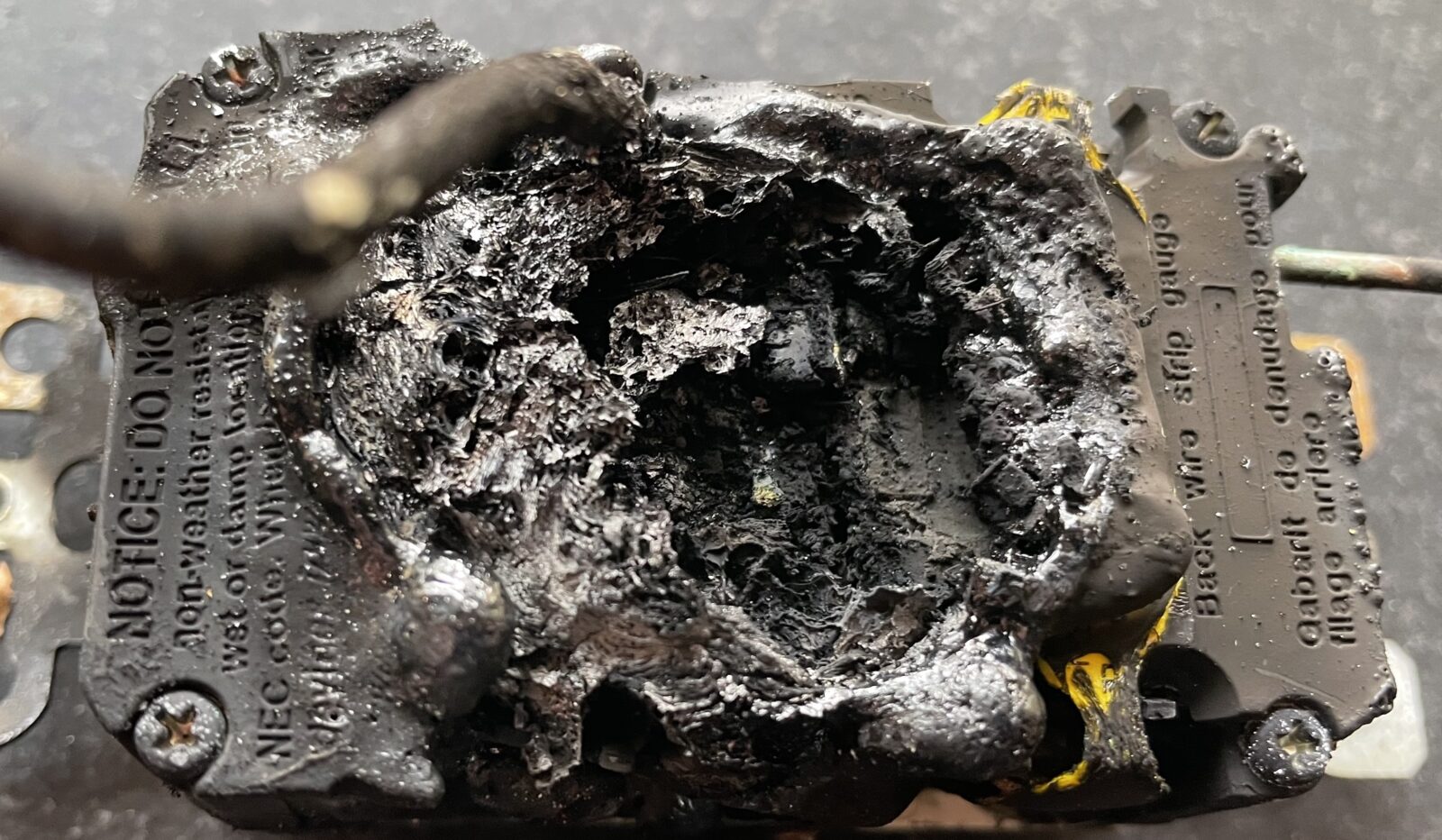The famous Edvard Munch painting, The Scream, portrays a person grimacing with their hands held over their ears. I suspect it is a response to sorry times, but it could be the cry of someone who has PTSD.
Our industry moves forward despite the challenges we face from regulators, county officials, and law enforcement. Ours is a different industry than most; we are under the gun, so to speak; we must stand our ground under stress. And we have been doing this for a while. If learning about PTSD can offer anything to us, it is that we can cope and then triumph.
Many of our readers have already heard about cannabis medically treating PTSD, and it has done wonders for our veterans. I have had several vets on the show to talk about this. Our vets, trapped in combat with no escape, develop chronic stress. This then impacts their whole life. I posit that many legacy and equity growers have encountered similar debilitating stress. Consider, I have run thru the woods with a helicopter dipping down to the tree level to find me; I have personally confronted law enforcement to ensure that their bust did not bleed over into invasions of my neighbors’ land while I faced a circle of AK47 totting officers; I have raced to my indoor where I shouted “Come out now, mother fucker” while I put bullets in the side of the building. This was not a battlefield engagement, but the stress was significant.
What is PTSD?
Simply put, it is our mental response to fear and threat. “Two recent studies point to…how cannabis can reduce activity in the amygdala — a part of the brain associated with fear responses to threats. Meanwhile, another suggests that the plant’s cannabinoids could play a role in extinguishing traumatic memories.” — Forbes, Emily Earlenbaugh
“Post-traumatic stress disorder (PTSD) is a mental health condition that’s triggered by a terrifying event — either experiencing it or witnessing it. Symptoms may include flashbacks, nightmares and severe anxiety, as well as uncontrollable thoughts about the event.” — Mayo Clinic
“Being exposed to previous traumatic experiences, particularly during childhood
Getting hurt or seeing people hurt or killed
Feeling horror, helplessness, or extreme fear
Having little or no social support after the event
Dealing with extra stress after the event, such as loss of a loved one, pain and injury, or loss of a job or home
Having a personal or family history of mental illness or substance use.”
— National Institute Of Mental Health)
What can you do to deal with it?
It is extremely common for the medical and pharmaceutical industry (note my choice of that word) to offer drugs like selective serotonin reuptake inhibitors, Paroxetine, prazosin, risperidone, or quetiapine; I am not a doctor, but these can not be good for you. Many vets have found that the pharma industry drugs are not what they want and that is where cannabis enters the picture.
Besides the use of cannabis, there are other non-invasive approaches to the problem. Confront your fear directly; fear and grief pass with time (easy to say, but true), and so will yours. Even tho you decide to use cannabis to help yourself deal with this, your real ally is actually within you. Engage in exercise, mindfulness/meditation, or other activities that help reduce stress. Do you have someone to talk to? If you can just talk with a friend, it will really help.
Using cannabis, smoked or ingested, is a very good way to avoid drugs.
Visit these sources; they are packed with information, even if some of it is for taking pharmacological treatments. Use your own judgment:
https://www.ptsd.va.gov/professional/treat/cooccurring/marijuana_ptsd_
https://www.nimh.nih.gov/health/topics/post-traumatic-stress-disorder-ptsd
——————————————–
I am Steve Dodge, owner of Homegrown Farms and Humboldt Growers Network (https://www.humboldtgrowersnetwork.live/). Please consider becoming a member of KMUD (www.kmud.org).
—
Photo Credit: Steve Dodge
Steve Dodge is the owner of Homegrown Farms and Humboldt Growers Network. He hosts The Cannabis Show on KMUD Community Radio and interviews many participants in the cannabis industry. The show airs every Monday from 5 to 6 PM Pacific, and it is archived at kmud.org. Give it a listen and consider becoming a member of KMUD.




